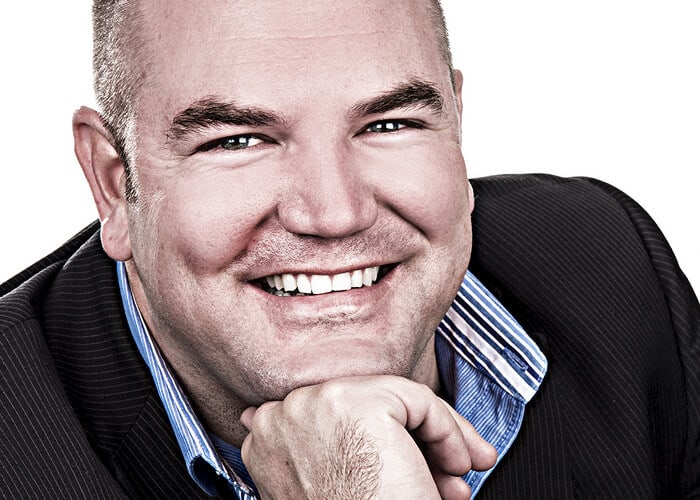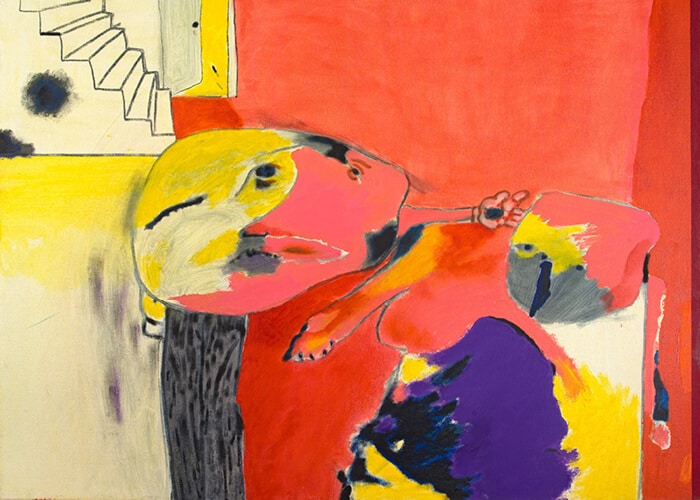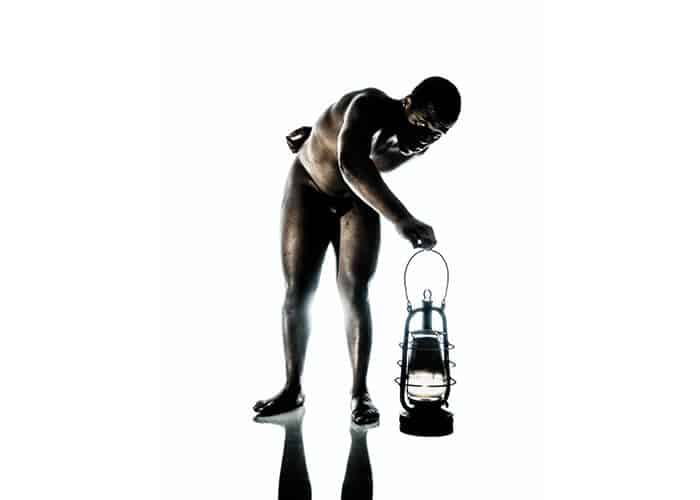With the 1:54 Contemporary African Art Fair opening its doors at Somerset House in London today (15 October 2015), ART AFRICA looks back at our conversation with Koyo Kouoh, coordinator of the 1:54 FORUM educational and artistic programme for this year — focusing on the artistic and intellectual relationships between the Maghreb or North Africa, and sub-Saharan Africa or ‘Black Africa.’
South African art historian Liese Van der Watt speaks to Kouoh, the founding artistic director of RAW Material Company, her own organisation based in Dakar, Senegal, which was established to promote and stimulate critical, theoretical and analytical conversation around contemporary art production. FORUM is essentially a continuation of that agenda, albeit on a larger platform.
This interview appears in full in the inaugural issue of ART AFRICA, ‘Becoming African.’ You will also be able to read this exclusive content in the October Digital Issue (FREE app download here for Apple and here for Android).
 Koyo Kouoh at 1:54 FORUM 2014 in London. Image copyright Sophie Thun and courtesy of 1:54.
Koyo Kouoh at 1:54 FORUM 2014 in London. Image copyright Sophie Thun and courtesy of 1:54.Liese Van der Watt: Could you say a few words about your involvement in 1:54?
Koyo Kouoh:When Touria El Glaoui, the founder of the fair, approached me three years ago to become part of 1:54, I was clear that my contribution would be primarily in the field of the discussion of art. Although I recognise the importance of the market, this is not my primary interest – my entire curatorial approach is geared towards criticality from a historical, political and contemporary perspective.
I supported this project because I realised how important it is for African artists and galleries promoting art from Africa to reach an international audience. I know that many of these galleries are unlikely to be accepted at Art Basel or Frieze, therefore this international platform is vital for them. While I sit on the selection board of 1:54, my primary focus is to establish a platform where contemporary artistic practice can be discussed from an African perspective.
And that platform became FORUM, a series of talks running during the fair…
Yes, FORUM is really a place where visitors to the fair can get first-hand insight into what they are seeing – therefore artists’ talks are the primary focus of the programme. It provides a space where artistic conversation can be continued on social, political and critical levels.
In addition, we aim to have a secondary area of focus every year. Last year, for instance, this focus was on the BLK Art Group that emerged in the UK in the early 1980s, and the issue of visibility. Pioneering figures of this groundbreaking movement such as filmmaker and thinker John Akomfrah – recently selected for Okwui Enwezor’s exhibition at the Venice Biennial – spoke about the importance of finding their own voice in a climate where there was little space to express themselves or to exchange ideas.
So much at 1:54 is about this question of space, visibility and recognition, so it really made for an interesting conversation. Beyond addressing persisting politics surrounding our artistic and intellectual practice, we are just as much dedicated to the discussion and understanding of the practice of art in regards to aesthetics, forms, temporality, concepts and so on.
This year’s FORUM focuses on North Africa. Why did you decide on this emphasis?
There is this assumption that the Sahara is a border that splits the continent between North Africa – The Maghreb that is supposed to belong to the Arab World and predominantly white or of light complexion and the so-called ‘Sub-Saharan’ Africa that is black. But the Sahara has never been a border splitting the continent in two different zones. This is a racial and geographical construction of the people who occupied us. The desert is a passage more than anything else. The migration flows we are witnessing currently prove it even more. This year’s FORUM will focus on these routes and connections, rather than divisions, across Africa. Geo-political borders are often remnants of the colonial mindset that divided Africa into different zones, when the cultural reality shows us far more fluid social and religious systems of living. Thus, the emphasis will be on what binds us, rather than internalising these geo-political divisions. The continent provides so many angles of approach; it is so wide and so diverse and I really think the pathways of artistic inquiry traverse these divisions.
So does this mean there will be a focus on the Arab-speaking world?
If you look at the map of the twenty-five countries where Arabic is the sole official language, or a co-official language with a majority of speakers, you will see that more than half of those countries are on the African continent. Extracting them from this geo-cultural space to create an abstract realm called the ‘Arab World’ is an act of dispossessing Africa of an essential part of its cultural wealth. I think it is important to re-address this false construction in current times of systemic exclusions of racial and religious nature; to make people aware that Egypt is not an archeological island off the coast of American universities.
That the celebrated Arab Spring was in fact an African Spring and not recognising it as such contributes to the programme of dispossession I mention above. On the other hand, the internalisation of this division produced an outlook towards the Mediterranean as opposed to one beyond the desert. While I don’t want to deny the cultural and historical ties that bind this region with the Mediterranean cultural space, I believe that we all have more to benefit from tightening our relations, in resetting the Maghreb and its artistic production in the African discourse as a whole, and not see it only as part of the geo-political fiction that the ‘Arab World’ is.
And so, who and what can we expect to hear at FORUM?
The critical line of investigation, or the binding thread of FORUM will be this relationship to the northern part of Africa, but also, the region’s own relationship to the notion of ‘Africanity’ or ‘African-ness.’ Their sense of belonging to this pool of diversity, how African (or not) do they feel? And how does that translate into artistic practice? We always begin with a keynote that discusses the intellectual premises of the area of focus. We are happy to host Johannesburg- based Egyptian researcher Jihan El-Tahri to give the opening keynote. There will also be artists’ talks – of course, to provide first hand insight into an artist’s work and thinking process. There will be panels with critics and researchers to explore both communal and particular experiences of North Africa in Africa, on cultural, political and social levels. We also run a programme of artist films. FORUM gives priority to artists and professionals at the fair, but especially to artists from this region.
In addition, we are hoping to have a discussion on the Lebanese migration into Africa. For me, the Lebanese community in Africa can be considered a 55th state. It is a migration that stretches over five generations into many different countries in Africa – there are more Lebanese living in Africa than in Beirut. Lebanon is so much a part of Africa and Beirut, and its thriving artistic landscape is a place we want to establish more exchange with.
I remember at the first FORUM, you said that you hope 1:54 may have an “end date” one day, a time when this fair will not be needed anymore. Do you see that? Are we getting there? Is African art getting the exposure that it needs?
As much as 1:54 functions to provide the international audience access to contemporary African art, it also aims to stimulate the growing African collectors base. We are doing it as a model of education that should be conducive for an African context. The fair aims to speak to the African corporate, public and private sectors, to convince and encourage them to invest more consistently and programmatically in art and artists. We are doing it to talk to all the chains and elements that make a healthy and interesting artistic environment.
What I hope for, rather than the end of 1:54, is that in the near future we won’t need to have the fair in London or New York, but somewhere in Africa – where visitors and exhibitors alike would be attracted to the location, the commercial prospects and the cultural and intellectual stimulation. It could be an interesting development, and I can imagine there are additional platforms and models that could be used to connect the diverse territories that are part of Africa and its diaspora.



